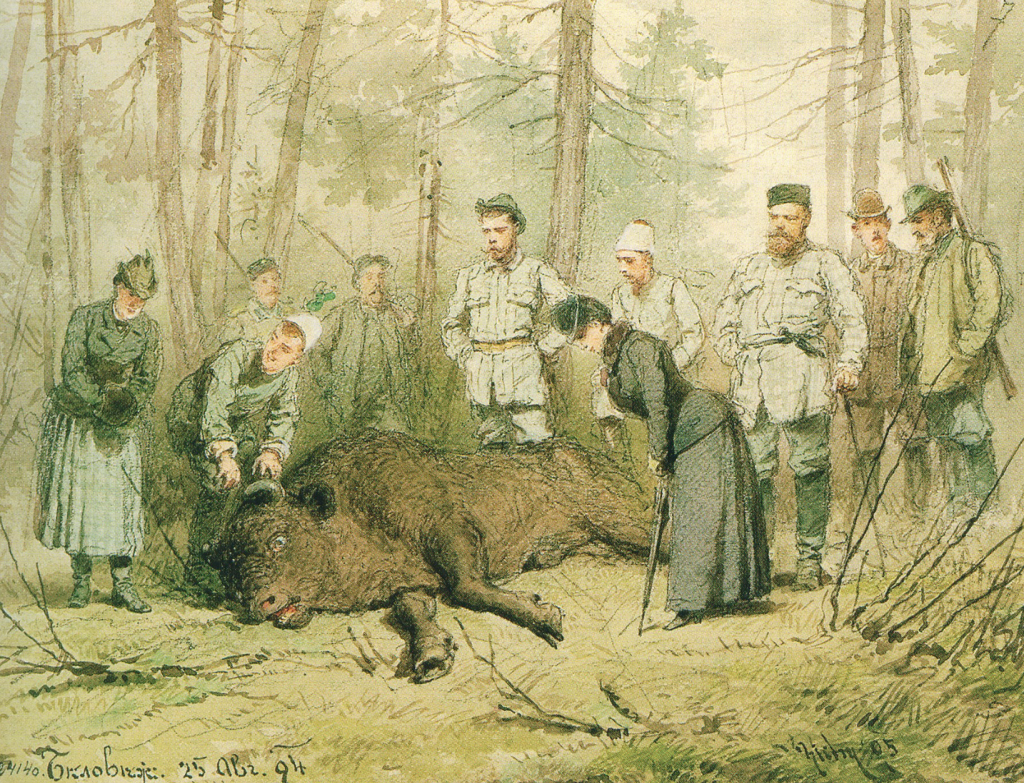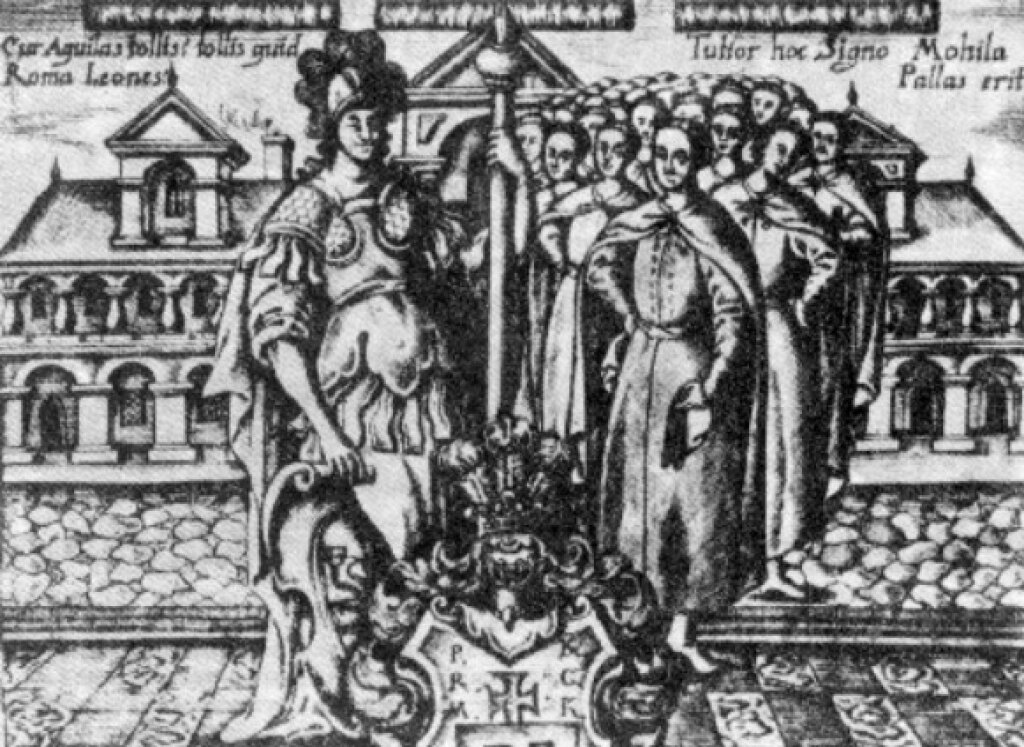The Jordan Center’s first semester of existence achieved very much what it intended: it offered diverse and unusual programming on topics ranging from journalism and art to politics and poetry, and we were exposed to 1812 as literature and post-1991 Russia in a marvelous film debut – hurricane Sandy notwithstanding. In every case we combined disciplines and fields and mixed things up in productive ways. “All the Russias” blog got off to a fine start with smart takes on the intersection of culture and politics; look our for much more this semester. In the spring we are adding our Jordan Fellows program, which is geared primarily to the needs of doctoral students across the University in a time of shrinking federal funds.
We continue this spring with a new theme: The Diasporas. I should explain.
Russian studies in the US grew with the emigration and the overlap was considerable: how many of us trained, to one extent or another, with an émigré or the child of an émigré? How many of us as graduate students were immersed in their scholarly works?This is why I and my cohort were often interested in the (say) Trotskyite fringe of the mezhraiontsy faction of the Petersburg Social Democrats or the Sofia gathering of monarchists or the Prague experimentalists; Mark Raeff at Columbia made sure of it, as I am sure others did at other universities. The ex-flux has been entirely to our advantage, and Russians are part of the fabric of our various neighborhoods and cities. When the Jordan Center was established we were asked to join with one or another émigré organization or participate in one or another émigré project. As the emigration there are many possible academic homes, and the combination produces excellent results, but as a new center we could do things differently.
NYU’s great strength is comparative and transnational study, and a multitude of departments and centers of the University have strengths (indeed, excellence and path-breaking originality) is matters of immigration, emigration, migration, and the circulation of literatures and genres across national borders. But they have long called this “the diaspora,” using the Greek word (irretrievable loss, dispersal) in its 1880s Jewish manner (transplantation and possible return), taken in fascinating directions by Africanists who literally see the world in patterns of color, with or without return, and expressed in the daily press as Palestinians ask where their home might be. Could the Russian emigration be a revealing moment in something that is equally fascinating because it is universal?
What would change if the emigration were renamed and recast as a diaspora, not to keep up with the fashion but to seriously consider what vistas it might open, what might be at stake, deliberately or as we stumble into a theoretical and political minefield? Other fields have been there already and we can learn from them.
Our program then depends on coming together with the very fine minds that we have located across the university and invited from across the country and from abroad, learning from their theoretical frameworks, and – in keeping with the primary mission of the Center – finding ways to make Russia intrinsic to the global conversations and reshaping the global debate. We have much to say: we study a multinational, multilingual, and multiconfessional Empire, Union, and Federation that was always itself a diasporic space of mobility, voluntary and involuntary. The breakup of the USSR created an instant diaspora of its own, as the Soviet citizen at home in Moscow found herself a Tadzhik in the Russian Federation. And the world’s longest border has always produced border crossings and transgressions.
The website provides detail and thematic questions. Suffice it to say that Russians will lay with Africans, Jews, Greeks, Irish, Indians, and Japanese. We will discuss ramen and vodka and curry, the inter-communal street-fights of merchants on the streets of Odessa, and the century-old trafficking of women in the Black Sea. The Russian Orthodox will pray with the Catholic and even the Lutheran. And animals from across the former eastern Bloc will be understood in three languages and entirely socialistically.


